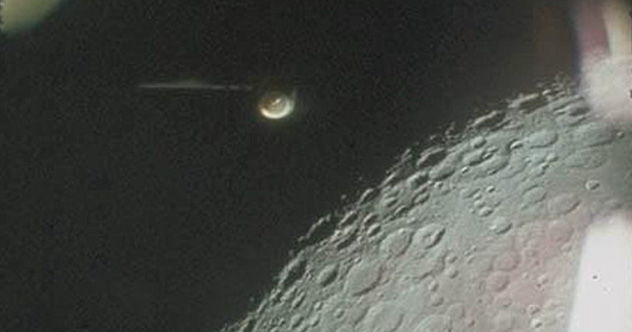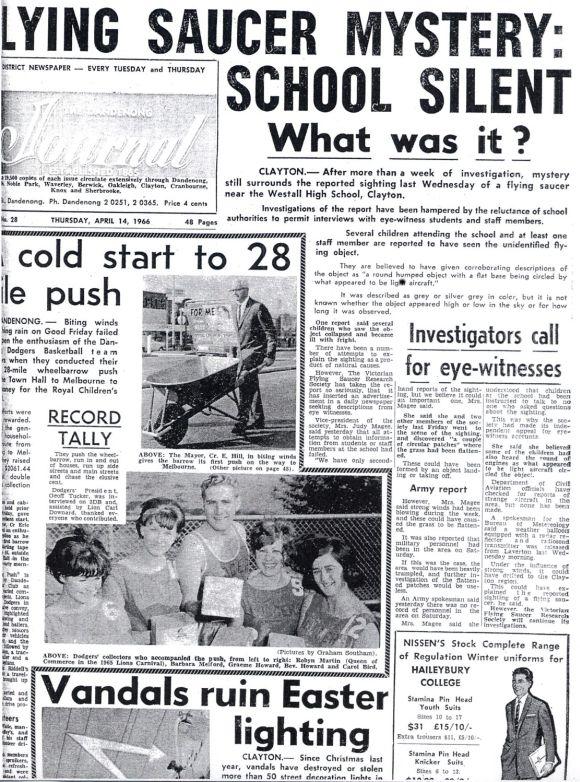
The study of history has always been a fascinating and complex field, filled with mysteries waiting to be unraveled. Historians like Greg Eghigian have dedicated their careers to understanding the past and shedding light on events that have shaped our world. In a recent discussion, Eghigian shared his insights on the importance of historical evidence and how it can challenge our perceptions of historical events. As he noted, "It's hard not to believe he saw something," highlighting the significance of eyewitness accounts and primary sources in reconstructing the past.
The Role of Historical Evidence
Historical evidence is the backbone of any historical research. It provides a window into the past, allowing historians to piece together the events, people, and cultures that have shaped our world. Eghigian emphasized the importance of considering multiple sources when analyzing historical events. By examining a variety of primary sources, such as letters, diaries, and official documents, historians can gain a more nuanced understanding of the past. This approach helps to mitigate the risks of misinterpretation and ensures that historical narratives are as accurate as possible.
Challenging Historical Narratives
One of the key benefits of historical evidence is its ability to challenge established historical narratives. Eghigian noted that historians often rely on secondary sources, which can be influenced by the biases and perspectives of the authors. By returning to primary sources, historians can uncover new information and challenge prevailing views. This process of revision and reinterpretation is essential to the development of historical knowledge, as it allows historians to refine their understanding of the past and provide more accurate accounts of historical events.
The Power of Eyewitness Accounts

Eyewitness accounts are a particularly valuable type of historical evidence. These firsthand accounts provide a unique perspective on historical events, offering insights into the thoughts, feelings, and experiences of individuals who lived through them. Eghigian highlighted the importance of considering eyewitness accounts when reconstructing historical events. As he noted, "It's hard not to believe he saw something," emphasizing the credibility and reliability of eyewitness testimony. By incorporating eyewitness accounts into historical narratives, historians can create more vivid and engaging accounts of the past.
The study of history is a complex and ongoing process. Historians like Greg Eghigian play a crucial role in uncovering the secrets of the past and shedding light on historical events. By emphasizing the importance of historical evidence, Eghigian reminds us of the need to approach historical research with a critical and nuanced perspective. As we continue to explore and interpret the past, we must remain mindful of the power of historical evidence to shape our understanding of the world and its many mysteries. By embracing this approach, we can gain a deeper appreciation for the complexities of history and the importance of ongoing historical research.
Historical research is an ongoing process, and historians like Greg Eghigian are at the forefront of this effort. Their work reminds us of the importance of considering multiple sources, challenging established narratives, and embracing the power of eyewitness accounts. As we continue to explore the past, we must remain committed to the principles of historical inquiry, using evidence to guide our understanding of the world and its many mysteries.
Whether you're a historian, a student, or simply someone interested in the past, the work of historians like Greg Eghigian offers a fascinating glimpse into the complexities of historical research. By engaging with historical evidence and embracing the nuances of historical interpretation, we can gain a deeper understanding of the world and its many mysteries. So why not join the conversation and explore the fascinating world of historical research for yourself?









